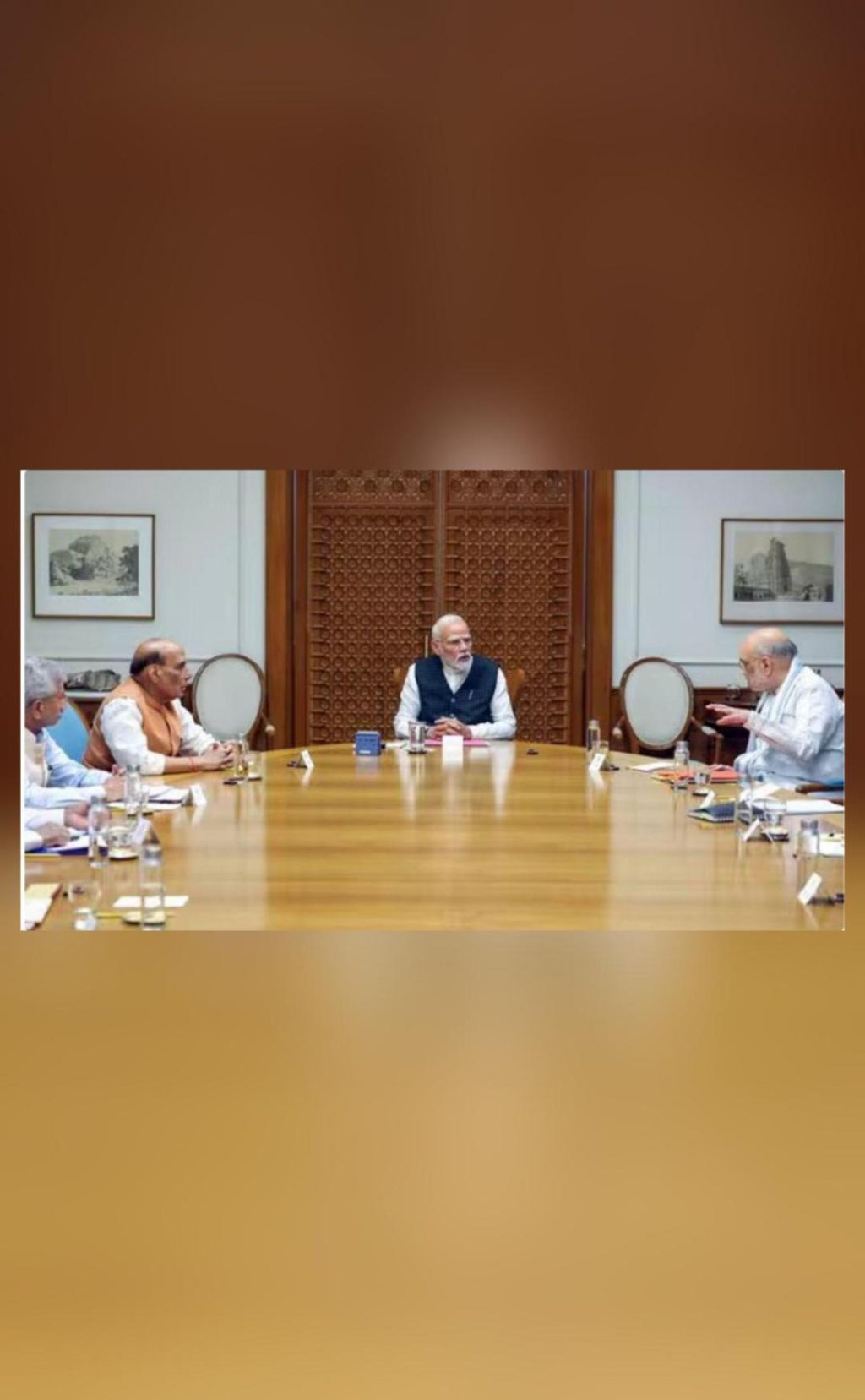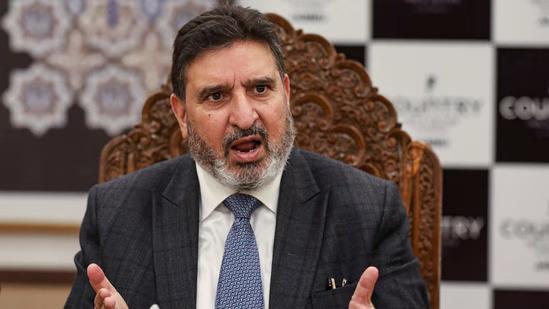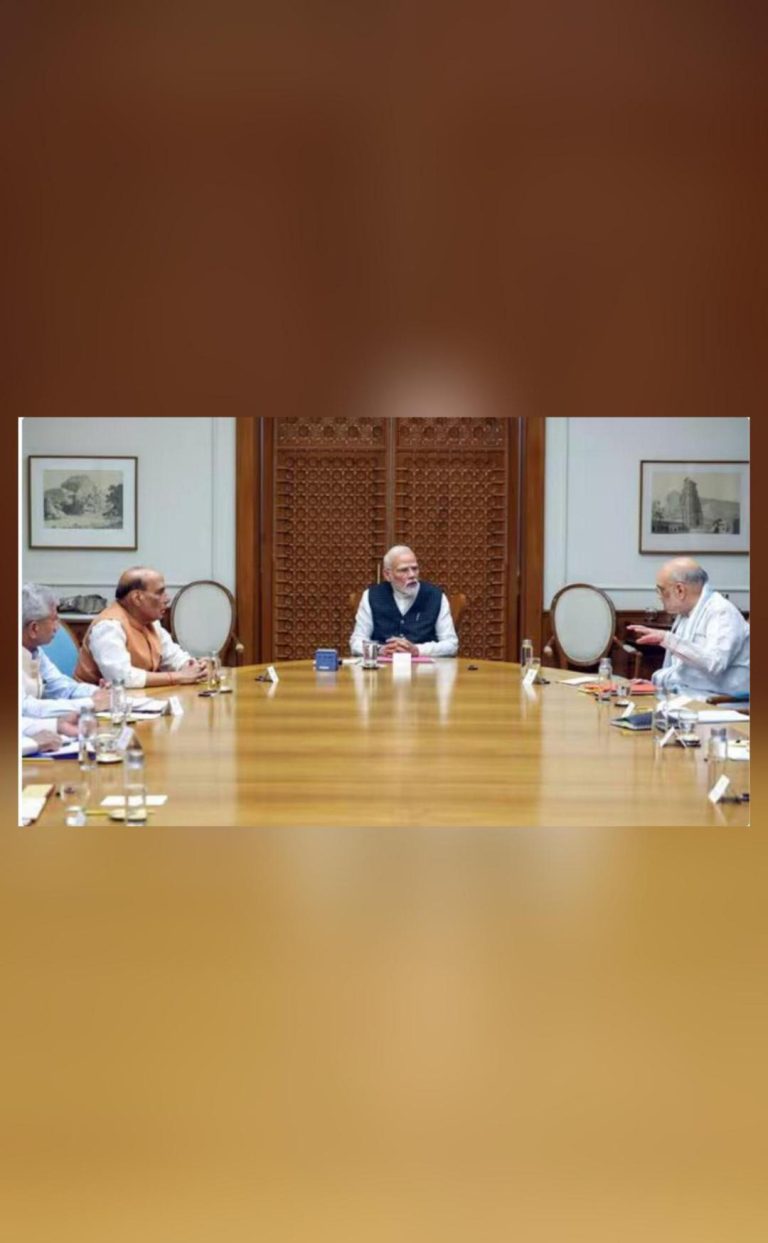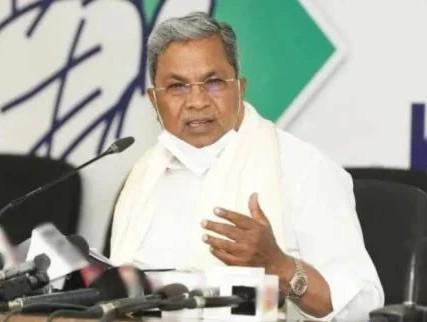
Govt calls all-party meet on Thursday after 26 killed in J&K terror attack
India has been rocked by a series of recent terror attacks, with the latest incident occurring in Jammu and Kashmir’s Pahalgam on the evening of Tuesday, October 12. According to reports, at least 26 people lost their lives in the attack, which has sent shockwaves across the country. In the aftermath of this tragedy, the government has called an all-party meeting for Thursday, with Home Minister Amit Shah and Defence Minister Rajnath Singh set to address the gathering.
The meeting is expected to be a crucial one, as it will provide a platform for the government to discuss the current security situation in the country with representatives from various political parties. The attack in Pahalgam was a brazen one, with the terrorists targeting a bus carrying tourists and locals. The attack has been widely condemned by politicians and citizens alike, with many expressing their condolences to the families of the victims.
The government’s decision to call an all-party meeting is seen as a significant step forward in addressing the growing concerns about national security. The meeting will provide an opportunity for the government to brief the opposition parties on the current security situation and seek their cooperation in tackling the menace of terrorism.
The attack in Pahalgam is the latest in a series of incidents that have highlighted the fragility of the security situation in Jammu and Kashmir. In recent months, there have been several attacks on security forces and civilians, which have resulted in the loss of many innocent lives. The government has been working tirelessly to address the security concerns in the region, but the frequency and intensity of these attacks have raised concerns about the effectiveness of its strategies.
The attack in Pahalgam is also significant because it has highlighted the need for greater cooperation between the Centre and the state government in tackling the security challenges. The Jammu and Kashmir government has been at the forefront of the efforts to address the security concerns in the region, but the attack has underscored the need for greater coordination and cooperation between the two governments.
The government’s decision to close the Integrated Check Post at the Attari-Wagah border in Punjab’s Amritsar is another significant development in the wake of the attack. The check post is a crucial point of entry and exit for people traveling between India and Pakistan, and its closure is seen as a measure to prevent any further terrorist activities.
The closure of the check post is also seen as a message to Pakistan, which has been accused of supporting terrorist activities in India. The government has long maintained that Pakistan is providing financial and military support to terrorist groups operating in India, and the closure of the check post is seen as a step towards reducing the flow of funds and arms to these groups.
In conclusion, the attack in Pahalgam is a grim reminder of the security challenges faced by India. The government’s decision to call an all-party meeting and close the Integrated Check Post at the Attari-Wagah border are significant steps towards addressing these challenges. It is essential that the government and the opposition parties work together to tackle the menace of terrorism and ensure that the country is safe and secure for its citizens.
News Source: https://x.com/ANI/status/1915071174045794535



